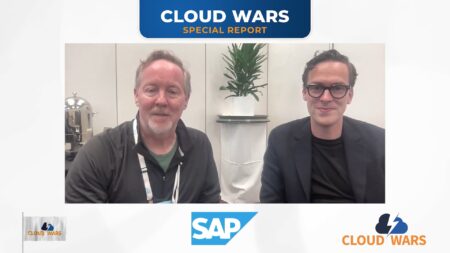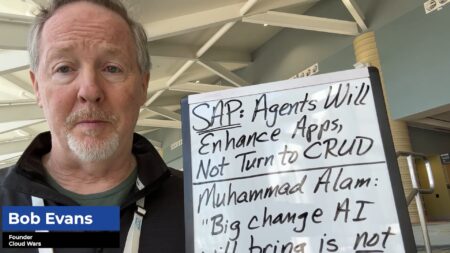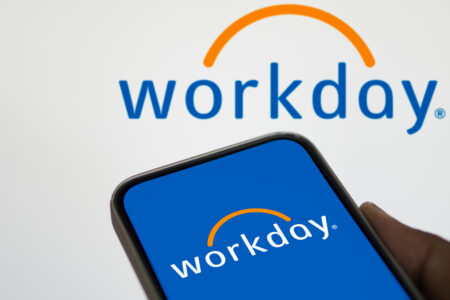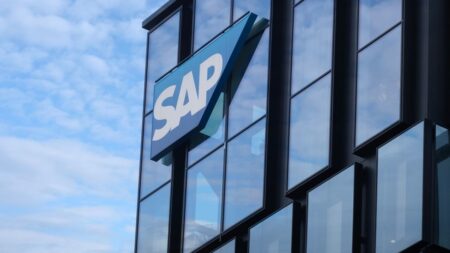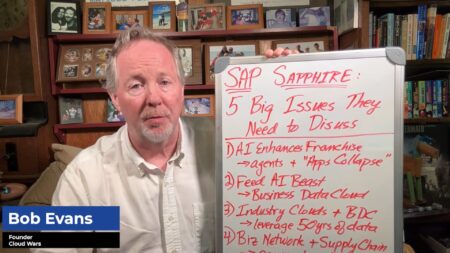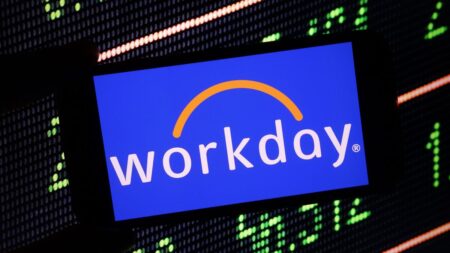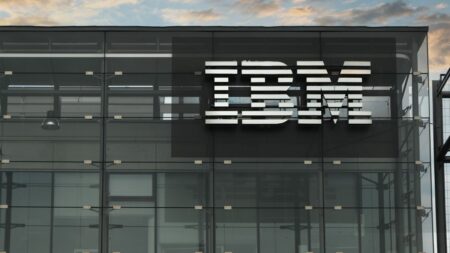The Stargate UAE project reveals how AI infrastructure is becoming a key battleground for influence between nations and tech giants.
Search Results: ERP (3698)
New functionality in Azure AI Foundry, Copilot Studio, and GitHub brings major advances in building and managing AI agents while selecting the optimal model for developer flexibility.
Workday leaders Shane Luke and Ali Fuller discuss navigating GenAI in the enterprise, highlighting their Agent System of Record and a pragmatic three-phase customer adoption framework.
SAP’s growth strategy focuses on simplifying operations, deepening AI capabilities, and aligning with customer needs.
This week’s Build conference featured a new round of AI agent interoperability initiatives from Microsoft, with a particular focus on Model Context Protocol (MCP) and new servers.
Microsoft’s latest announcements boost agentic AI adoption with Copilot Tuning, multi-agent orchestration, and new developer tools for accessible, enterprise-ready AI.
SAP leaders argue that agentic AI will enhance — rather than replace — enterprise applications by integrating seamlessly with data and AI capabilities.
Through ServiceNow and strategic acquisitions, Cprime enables companies to modernize their operating models and embrace AI-native business practices.
At SAP Sapphire, SAP counters the “apps collapse” narrative by asserting that AI agents will enhance enterprise applications.
Oracle and IBM deepen their partnership to bring watsonx to Oracle Cloud Infrastructure, accelerating enterprise adoption of agentic AI and hybrid cloud solutions.
Workday introduces a centralized approach to managing digital labor with its Agent System of Record, aligning human and AI workflows for enterprise clarity.
SAP partners with Databricks to unify structured and unstructured data for AI development, while the upcoming Sapphire event spotlights generative AI, the Joule interface, and ecosystem extensibility.
With momentum on its side, SAP now faces the harder task: proving at Sapphire that it can turn innovation into lasting leadership.
At SAP Sapphire, the company is expected to address five critical issues, including AI’s role in applications, data strategy, and hyperscaler trends, which will determine whether it can sustain its lead as the world’s fastest-growing enterprise software vendor.
Workday rejects the agentic AI hype, instead emphasizing practical business outcomes with its expanding AI portfolio aimed at delivering measurable impact across functions.
From AI in org charts to redeploying humans to developing products and services for top-line growth, top executives are evolving their businesses to capitalize on a range of AI-driven opportunities.
Analysis finds a decline in maturity when it comes to using and measuring AI’s impact, but provides clear indication of the traits, and approaches, that establish companies as AI leaders.
Microsoft outlines its vision for building AI-first companies by integrating agentic AI, Copilot, and human collaboration across its business applications suite.
Under Arvind Krishna’s leadership, IBM has reinvented itself as a global tech powerhouse by doubling market cap, leading in AI and quantum computing, and committing $150 billion to U.S. innovation and manufacturing.
IBM, under CEO Arvind Krishna, has transformed from a struggling giant into a global tech powerhouse by streamlining operations, refocusing on hybrid cloud and AI, and committing $150 billion to U.S.-based R&D and advanced manufacturing, including mainframes and quantum computing.





